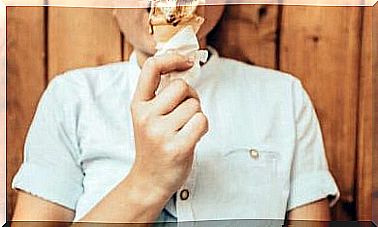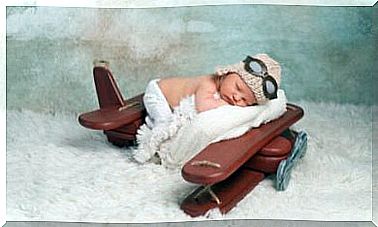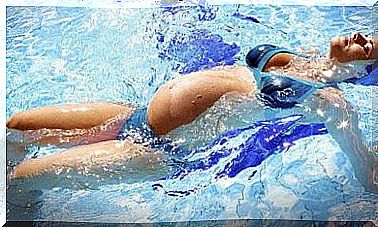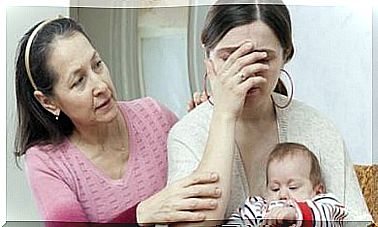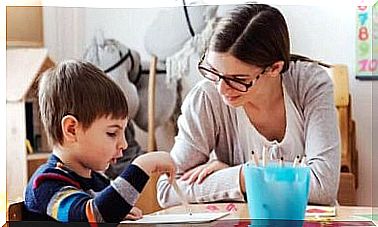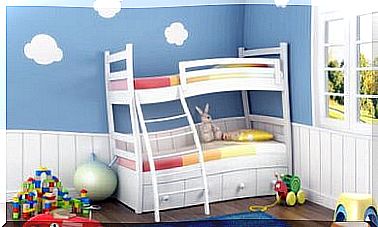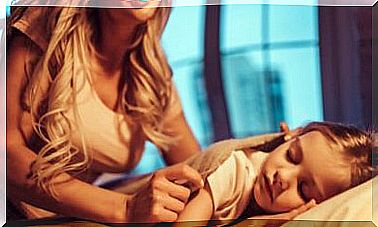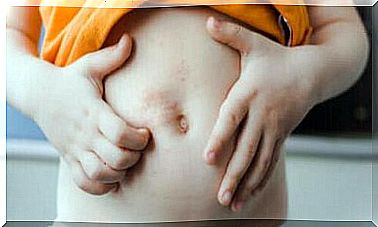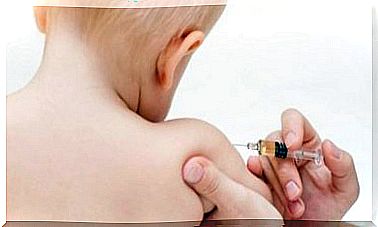At What Age Can A Child Start Showering Himself?
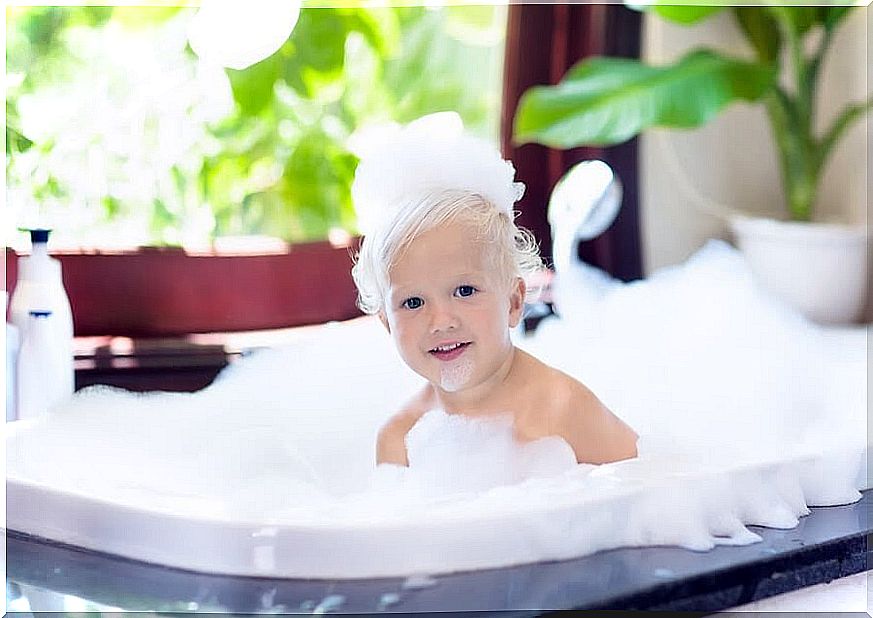
At what age should you let a child shower yourself? This is an important decision, as it marks the beginning of our children’s independence. We should consider a few things before allowing them to do it themselves.
When we bathe our children, we can notice that they show the desire to wash their bodies themselves.
We know, however, that until their motor skills are fully developed, they will not be able to take responsibility for their own hygiene. There is also a risk that they may get hurt.
With all this in mind, in this article we have addressed what is the right age to start letting children shower on their own. In addition, we review the safety precautions that must be taken to ensure their well-being.
What is the right age to let a child shower himself?
A child can start showering alone without supervision at about six years of age. This is simply an estimate and a benchmark. You must take into account each child’s individual development.
We can note that children, at the age of four, can mostly dress themselves, or even soap themselves with soap or rinse their hair. However, it is only at the age of six that they can complete all the steps required to take care of their hygiene.
This is an important decision that marks the beginning of their independence. To succeed, we must teach them how to shower themselves step by step.
We also need to talk to them about the necessary safety precautions. It is up to us to create the conditions for this to develop normally.
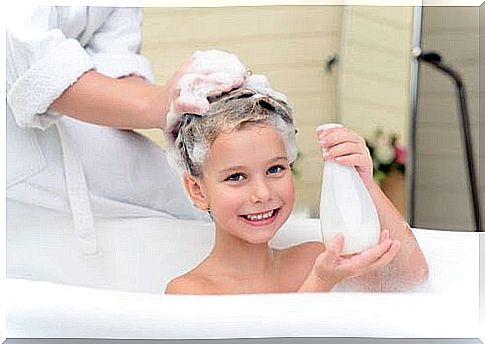
What does a child need to know to shower himself?
In order for a child to be able to shower on their own, it is important that you teach them how to do it.
Do not skip any steps. Although we may think that some concepts are implicit, we must remember that children are still learning about the world around them.
Give them instructions on how to do everything step by step:
- Go through all the important areas to clean: these include the neck, elbows, ears, buttocks, chest, legs and feet. Use correct anatomical terms so that they can develop a healthy body image.
- Explain that there are sensitive parts of the body, such as the eyes, and that soap or shampoo should never come in contact with them. So when washing their faces or washing their hair, they need to be careful not to let these products get into their eyes.
- Talk to them about the dangers of jumping, running and being wild in wet areas.
- Teach them to use the right amount of cleaning products to wash and rinse their hair. It is important for children to learn not to waste.
Important safety precautions
It is essential for a parent to know that even if a child is allowed to shower himself or herself, he or she must always respect certain safety precautions. We recommend the following:
- Parents must be responsible for regulating the water temperature that the child must use to shower. This is very important as it will prevent the baby from scalding with hot water.
- To avoid falls in the shower, you may want to give your child bathing shoes. You can also lay a bath mat of the same material on the shower floor. There are also special shower chairs for children, which they can use to sit down and soap in difficult areas such as the feet.
- The child must have all the necessary objects for the shower within reach: soap, sponge, shampoo and conditioner. These products should be able to be reached by him or her without having to go out of the shower or stretch unnecessarily.
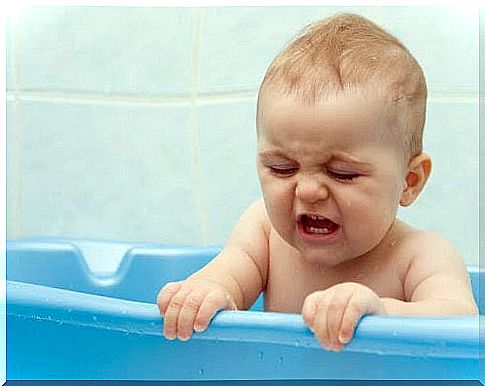
More safety tips
- Remove any dangerous objects from the bathroom and shower area. These may include razors, adult hygiene products or cleaning products.
- Always leave the bathroom door open. Do not let your child lock the door.
- While your child is in the shower, stay close to the bathroom. You can even ask them periodically if everything is under control.
- Ask your child to let you know when he or she has finished showering so you can help them get out. This way you can give them a helping hand and prevent them from slipping and hitting. If your bathroom allows it, and your child can get out of it himself, do not forget to put a bath mat outside the shower for safety.
Finally, remember that children need their own bath products, which are customized and compatible with children’s delicate skin. Let them have special soaps like shampoo and conditioner.
Also, do not let them use your sponge. These items should be strictly for personal use.
